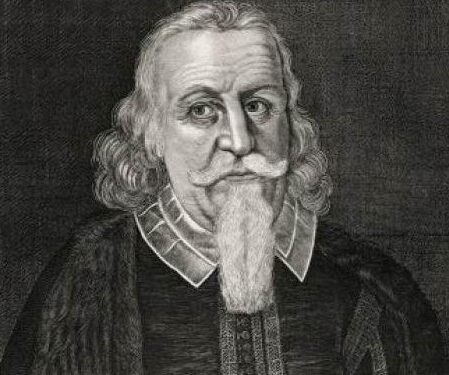
Today’s Leader of Faith
GEORGE CALIXTUS
Home Call : 19 March 1656
Early Reformer, Ecumenical Theologian, Theology Professor, Peace-maker
George Calixtus (1586–1656) was a Lutheran theologian known for his efforts to promote unity among different Christian denominations, particularly Lutherans, Catholics, and Reformed Christians. He advocated for a more irenic and ecumenical approach to theology, emphasizing the core doctrines of Christianity rather than confessional divisions. He sought Christian unity by highlighting the fundamental beliefs shared by all major Christian traditions. He argued that the faith of the early church (New Testament Church) should serve as the foundation for unity, rather than later doctrinal disputes. His approach, later termed Syncretism, aimed to reduce theological conflicts and foster reconciliation. He became a theology professor at the University of Helmstedt, where he emerged as one of its most prominent theologians. He played a key role in shaping the Helmstedt School of Theology, known for its more humanistic and conciliatory approach to theology compared to stricter Lutheran orthodoxy.
Calixtus was born in Medelby, Schleswig. He studied philology, philosophy, and theology at Helmstedt, Jena, Giessen, Tübingen, and Heidelberg. Traveling through Holland, France, and England, he met leading reformers. In 1614, upon his return, he was appointed professor of theology at Helmstedt by the Duke of Brunswick, who was impressed by his earlier debate with the Jesuit Augustine Turrianus.
Calixtus, having studied various Protestant and Roman Catholic teachings, sought to develop a “unifying theology.” In 1613, he published “Disputationes de Praecipuis Religionis Christianae Capitibus”, which drew criticism from orthodox Lutheran scholars. Statius Buscher, an orthodox Lutheran accused him of secretly favouring Catholicism. He successfully refuted Buscher’s accusation but faced new criticism after his participation in the 1645 Conference of Thorn, where he sought reconciliation between Lutherans and Reformed Christians. Abraham Calovius led the charge, accusing him of secretly favouring Calvinism, who believed in pre-destination. His lifelong goal of uniting Christendom by minimizing theological differences led to accusations of syncretism. Despite opposition, Calixtus retained his position in the Lutheran Church and taught theology at the University of Helmstedt until his death.
Calixtus passed away on at the age of 69 in Helmstedt, Germany. While his ideas were controversial in his time, they influenced future attempts at Christian reconciliation and dialogue, particularly in the 19th and 20th centuries.
